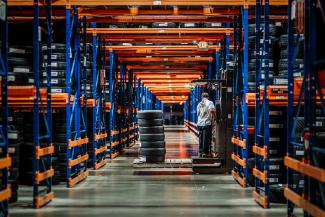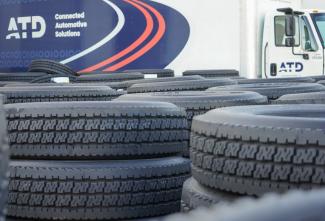Nitrogen vs. Air in Tires: Which Is Better for Your Vehicle?
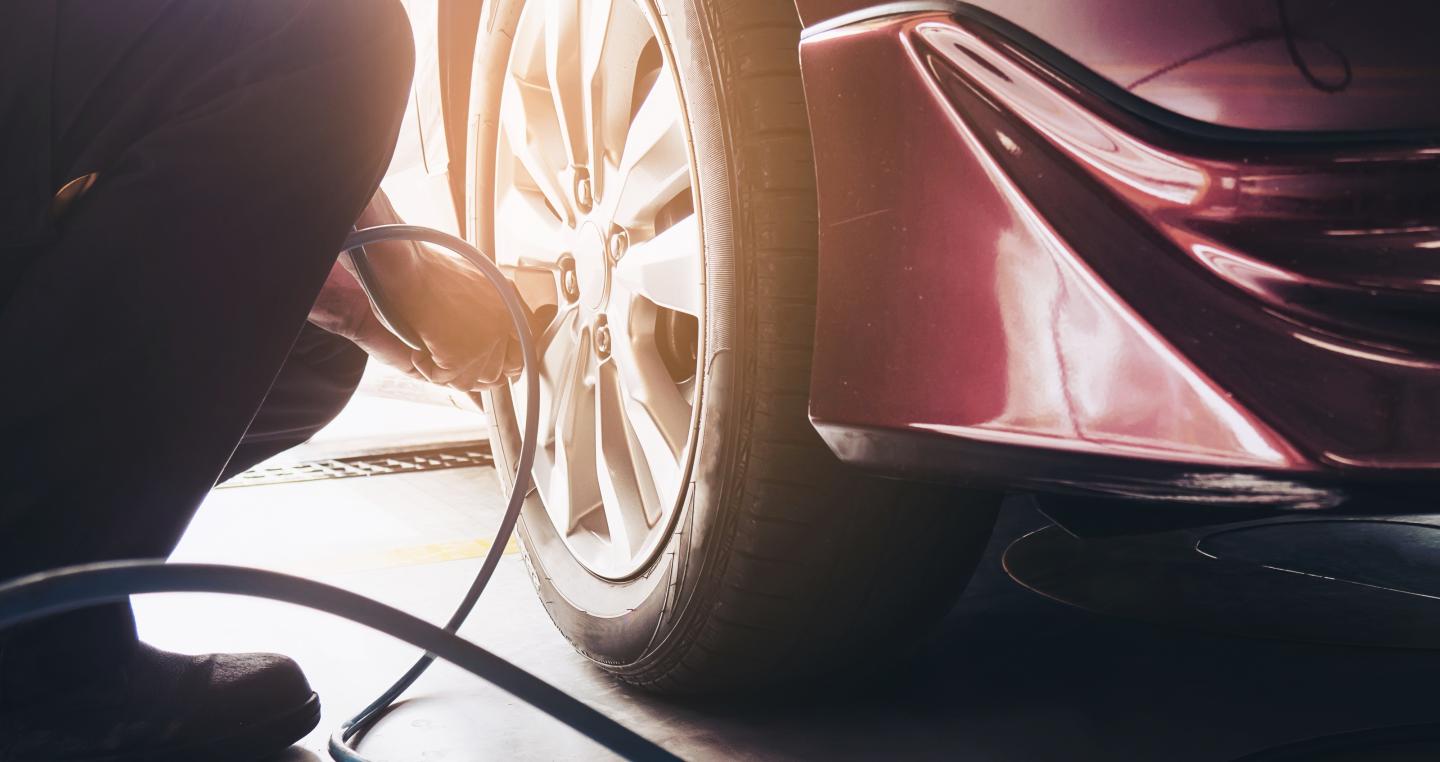
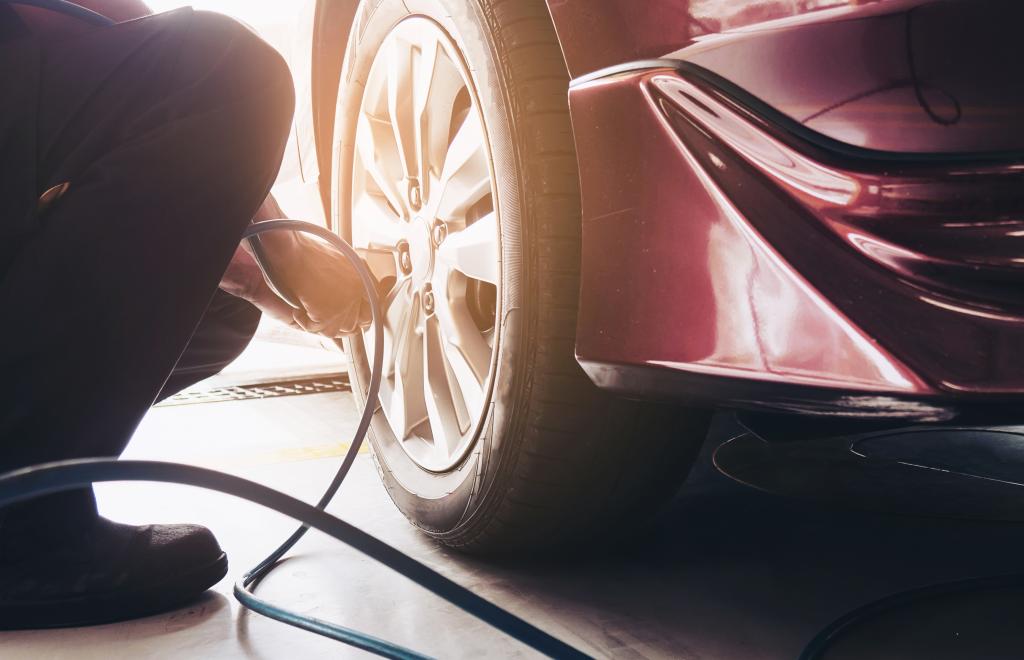
Wondering whether nitrogen or air is better for your tires? Learn the key differences, pros and cons, and myths vs. facts to make an informed decision.
When it comes to tire maintenance, you may have heard about using nitrogen instead of regular air. But what's the difference, and does it really change your driving experience?
What’s in your tires?
Standard air is composed of roughly 78% nitrogen, 21% oxygen, small amounts of water vapor and other gases. Nitrogen replaces nearly all of the oxygen and moisture, leaving about 95% or more pure nitrogen in your tires. The key difference is that regular air contains moisture and other contaminants that can affect tire pressure and longevity. Nitrogen results in a more stable, dry gas inside the tire, reducing pressure fluctuations and minimizing internal corrosion.
Myths vs. facts about nitrogen in tires
Myth: Nitrogen makes tires completely maintenance-free.
Fact: While nitrogen helps maintain pressure longer, tires still need to be regularly checked for proper inflation and overall condition.
Myth: Nitrogen-filled tires improve fuel efficiency significantly.
Fact: Properly inflated tires—regardless of whether they are filled with nitrogen or air—help with fuel efficiency. The difference nitrogen makes is minimal for everyday drivers.
Myth: You can’t mix air and nitrogen.
Fact: If needed, you can top off nitrogen-filled tires with regular air without causing any harm. However, this will reduce the nitrogen purity.
Myth: Nitrogen is only for race cars and airplanes.
Fact: While nitrogen is commonly used in these applications, everyday drivers can also use it. However, the benefits may not be as noticeable.
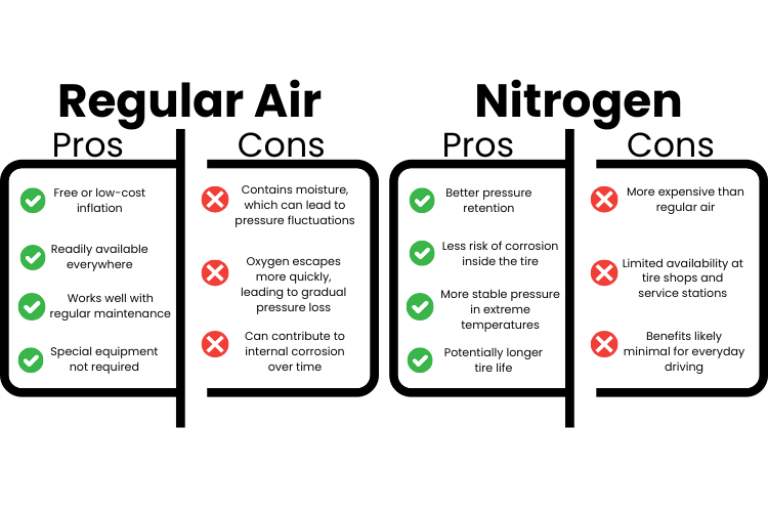
Frequently asked questions (FAQs)
Q: Does nitrogen help extend the lifespan of tires?
A: Nitrogen can help reduce internal moisture and slow down rubber degradation, which may contribute to longer tire life. However, regular tire maintenance and proper inflation are the most important factors in extending tire lifespan.
Q: How much does nitrogen inflation cost?
A: Prices vary, but nitrogen inflation typically costs between $5 and $30 per tire, depending on the service provider.
Q: Do nitrogen tires improve gas mileage?
A: Properly inflated tires help with fuel efficiency, but the difference between nitrogen and air-filled tires is minimal for the average driver.
Q: Where can I get nitrogen for my tires?
A: Some tire shops, dealerships, and auto service centers offer nitrogen inflation, but it’s less common than regular air.
So, is nitrogen worth it?
For everyday drivers, the benefits of nitrogen may not be significant enough to justify the cost. Regularly checking and maintaining tire pressure with standard air is usually sufficient for safe and efficient driving. However, for high-performance vehicles, fleet operators, or those looking for minimal tire maintenance, nitrogen can be a worthwhile option.
The bottom line
While nitrogen does offer some advantages, maintaining proper tire pressure—whether with air or nitrogen—is the most crucial factor in ensuring safety, performance, and fuel efficiency. If you have easy access to nitrogen and want to maximize your tire’s longevity, it can be a good option. Otherwise, regular air works just fine for most drivers.
If you’re unsure which option is best for your vehicle, visit your local Tire Pros or other tire professional for advice on the best inflation method for your driving needs.
